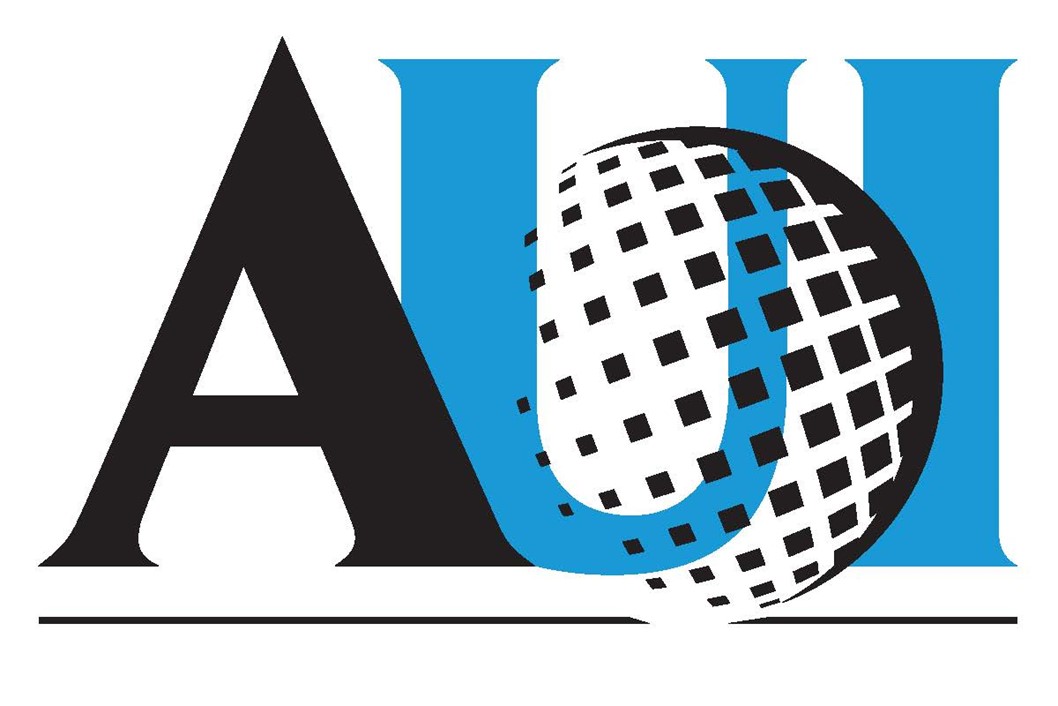The U.S. National Science Foundation National Radio Astronomy Observatory (NSF NRAO) has entered into a groundbreaking partnership with the NSF Leadership-Class Computing Facility (NSF LCCF), led by the Texas Advanced Computing Center, to pioneer a transformative data processing system for the next era of radio astronomy.
Recent News
Brightest Ever Fast Radio Burst Allows Researchers To Identify Its Origin
An international team of astronomers have observed one of the brightest fast radio bursts (FRBs) ever detected—and pinpointed its location in a nearby galaxy (NGC 4141).
Satellite Internet Meets Space Science: A Groundbreaking Solution for Spectrum Sharing
Researchers from the U.S. National Science Foundation National Radio Astronomy Observatory (NSF NRAO), in collaboration with SpaceX, have introduced the Operational Data Sharing (ODS) system, a self-reporting framework designed to foster coexistence between radio telescopes and non-geostationary orbit (NGSO) satellite constellations, such as SpaceX’s Starlink.
Exploring How STEM Identities are Formed

Together, the “¡OYE Tumble!” team will engage youth, families and community leaders in the co-design of culturally situated, Spanish-language, STEM podcast episodes, and generate knowledge about podcast listening habits of Latine families with children between the ages of five and nine.
‘¡OYE Tumble!’ Brings STEM to a Greater Audience through New Bilingual Podcast Series
What do you want to be when you grow up? Research suggests that STEM identities can be strengthened through “science talk” at an early age. Through funding from the U.S. National Science Foundation (NSF), Associated Universities Inc. (AUI), Tumble Media and the STEM Transformation Institute at Florida International University (FIU) are collaborating to support the STEM identity and literacy development of regionally and culturally diverse Latine families through podcast-initiated science talk at home. Seventeen episodes will be recorded for this project in Spanish and English.
Together, the team will engage youth, families and community leaders in the co-design of culturally situated, Spanish-language, STEM podcast episodes, and generate knowledge about podcast listening habits of Latine families with children between the ages of five and nine. With this data, they will contribute foundational research on how Latine families could leverage podcasts to support their children’s STEM identity through family science talk. Over 100 Latine families representing the regional and cultural diversity of Latine communities in the United States will participate as designers, shaping the project’s model of culturally sustaining podcast episode production.
“Podcasts offer an easily accessible, free option for families to talk about STEM at home and on the go,” said Sara Robberson Lentz, a STEM education officer at AUI and co-founder of Tumble Media. “Though afterschool programs, science camps and museums are a great way to engage children with STEM and begin to cultivate their identities as scientists, these activities can be costly and difficult to access for many families, including those in which English is not their first language.”
“Family plays a major role in children’s learning about who they want to be when they grow up—we want to study how podcasts can be leveraged to inspire a new generation of Latine STEM professionals,” said Dr. Remy Dou, associate professor for the STEM Transformation Institute at Florida International University. “‘¡OYE Tumble!’ will expand our understanding of what are the culturally-situated values, contexts, topics and goals that Latine families want to hear featured in STEM related podcasts, and how these add to deeper engagement and family conversations.”
The project will develop youth STEM podcasts that reflect the richness and diversity of Latine cultures, including their language, habits, values and experiences, to promote culturally situated STEM identities through family conversations. Research conducted as part of this project would establish a foundation for understanding how culturally situated STEM podcasts support youth identity development through family conversations, and how family interactions prompted by STEM podcasts support children’s STEM participation.
Recent News
NSF Facilities Partner to Transform Data Processing for Next-Generation Radio Astronomy
The U.S. National Science Foundation National Radio Astronomy Observatory (NSF NRAO) has entered into a groundbreaking partnership with the NSF Leadership-Class Computing Facility (NSF LCCF), led by the Texas Advanced Computing Center, to pioneer a transformative data processing system for the next era of radio astronomy.
Brightest Ever Fast Radio Burst Allows Researchers To Identify Its Origin
An international team of astronomers have observed one of the brightest fast radio bursts (FRBs) ever detected—and pinpointed its location in a nearby galaxy (NGC 4141).
Satellite Internet Meets Space Science: A Groundbreaking Solution for Spectrum Sharing
Researchers from the U.S. National Science Foundation National Radio Astronomy Observatory (NSF NRAO), in collaboration with SpaceX, have introduced the Operational Data Sharing (ODS) system, a self-reporting framework designed to foster coexistence between radio telescopes and non-geostationary orbit (NGSO) satellite constellations, such as SpaceX’s Starlink.
